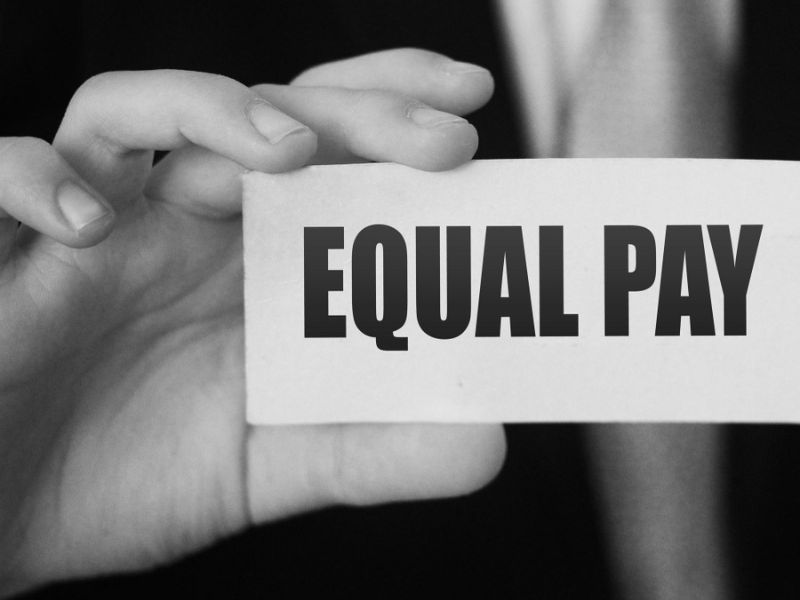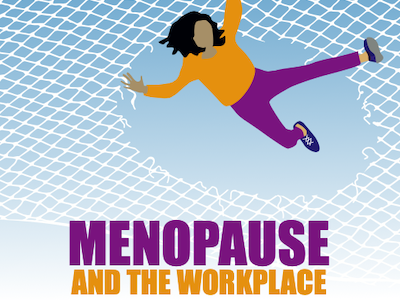
Women pay 31 per cent more than men for essential products in supermarkets, new research has revealed.
The research, published by the Fawcett Society, found that the UK’s biggest supermarkets – Tesco, ASDA, Sainsbury’s and Morrison are charging more for own brand toiletries and items of clothing.
An analysis of a basket of supermarkets’ own brand toiletries revealed that products that were gendered, such as white and pink packaging for women and black or blue for men, were consistently more expensive. These products are also often separated in stores making it harder for consumers to compare prices.
The basket used in the study contained triple blade disposable razors, shaving cream, spray-on antiperspirant deodorant and body spray. Across the big four supermarkets, a gendered basket of own brand toiletries cost women 56 per cent more at Morrison; 25 per cent more at Sainsbury’s; 24 per cent more at Tesco; and 22 per cent more at ASDA.
The research also found that overall women are paying 12 per cent, or an average of £4.33, more for a basket of own brand clothing items across the four supermarkets.
The Fawcett Society are now calling for each of the four leading supermarkets to carry out a review on their pricing practices; for the supermarkets to agree that these practices have no place in their stores and to work with the society to end sexist pricing; and to develop gender neutral options.
Sam Smethers, Chief Executive of the Fawcett Society, said, “The top four supermarkets between them have a 70% market share. The majority of their customers will be women. Here we see them consistently charging significantly more of their own brand products which are marketed at women. In most cases these are not minor price differences. These are big margins.”
“We know that women are paid less than men, are targeted with beauty products and advertising and now we see them being charged more. It will make many women ask themselves whether they can trust these high street brands.”
“The big four have an opportunity here. Will they go the extra mile to demonstrate to their female customers that their pricing is fair? We don’t just want to see one or two prices reduced, we want sexist pricing practices to end.”
Sexist pricing hit the news earlier this year when campaigner Stevie Wise successfully persuaded Boots the change the prices of some of its products.
Speaking about the Fawcett Society’s recent findings, Wise said, “This new research from the Fawcett Society provides a further evidence that women are being ripped off on our high streets. Whether it’s toiletries, clothing or high street services, women are being routinely charged more than men for equivalent products and services, and it’s just not good enough.”
“We need to get to the bottom of why this is happening, and high street retailers and manufacturers need to start being more honest with consumers, and stop blaming each other for their sexist pricing practices.”








